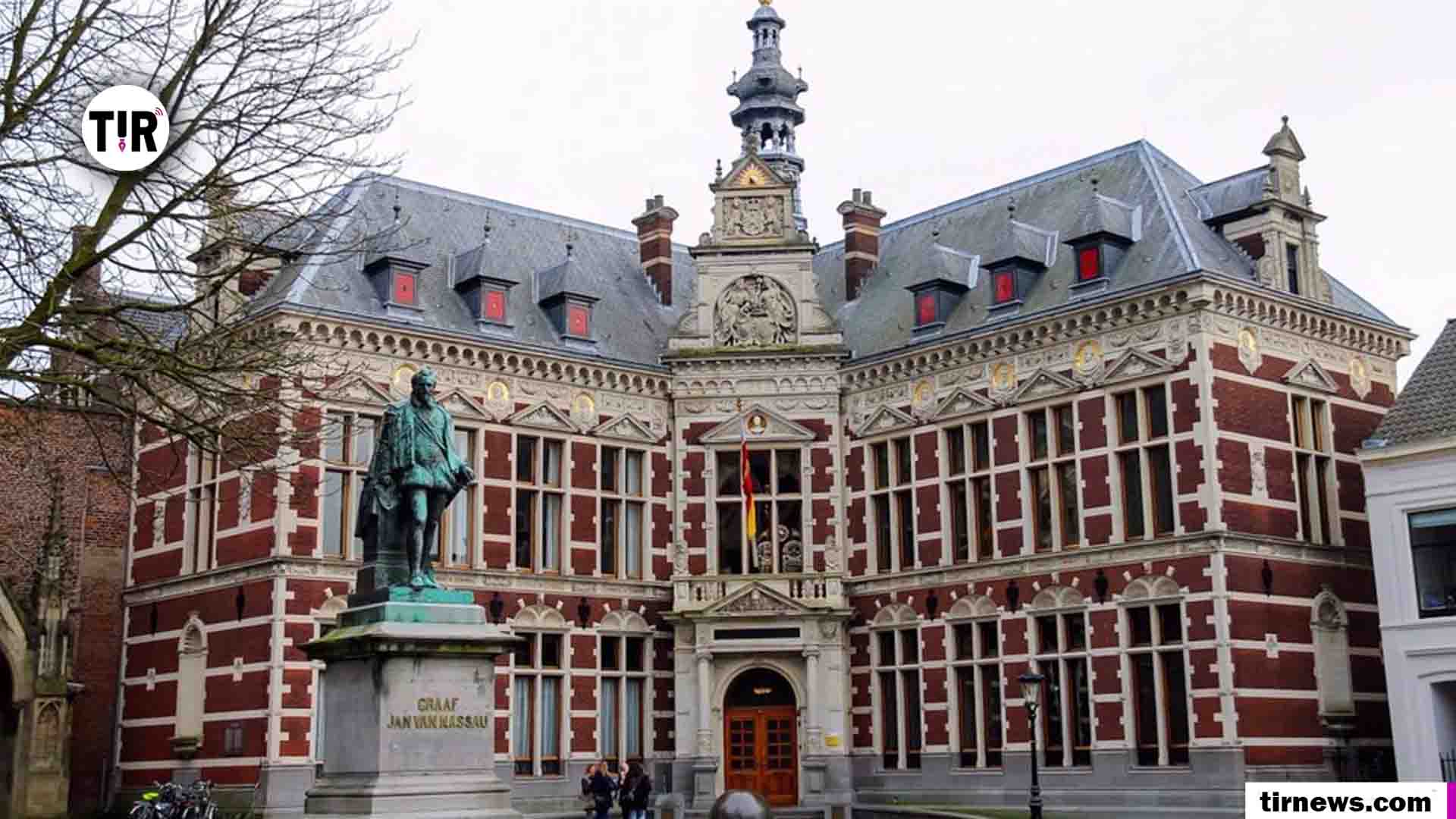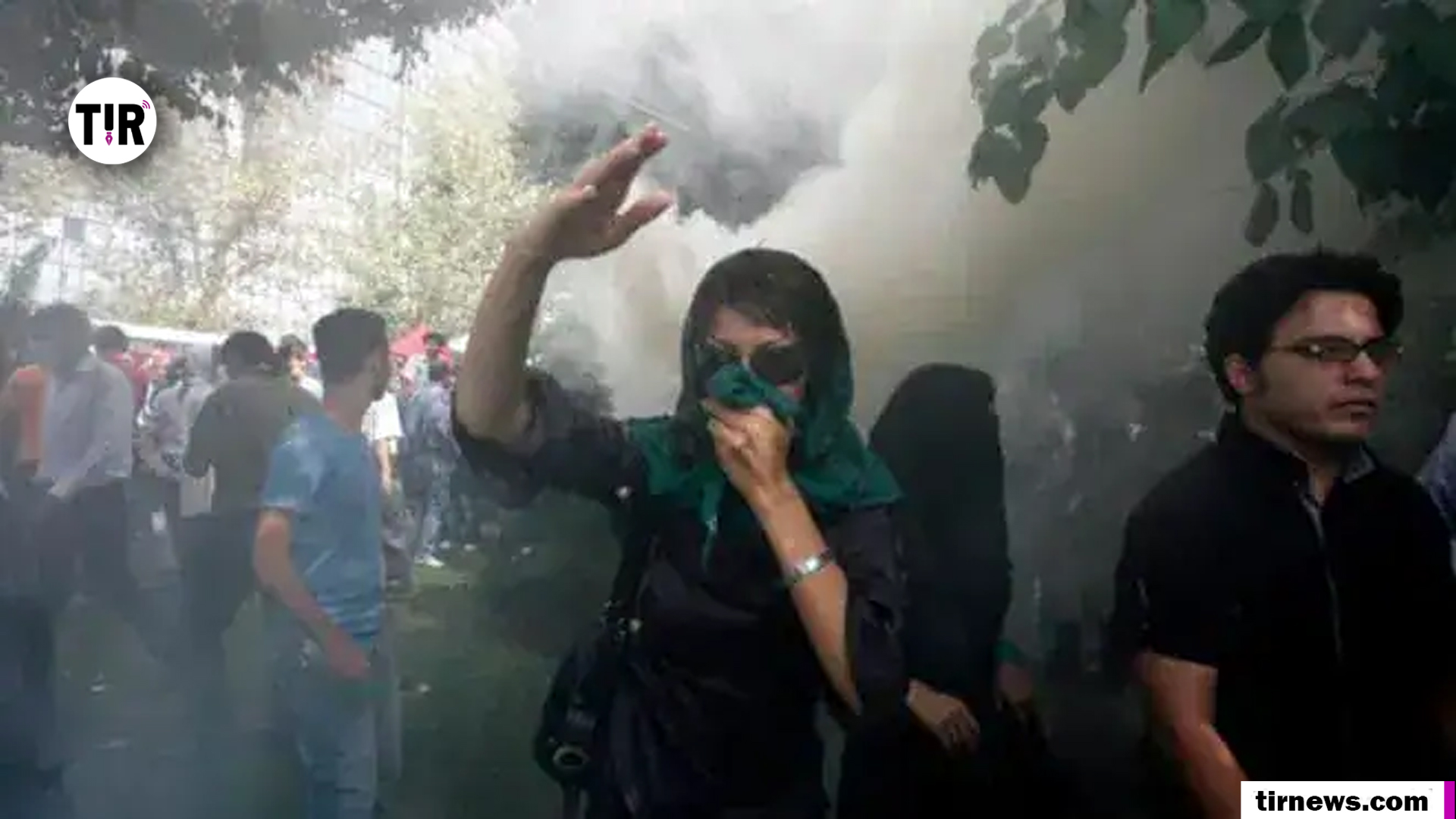On September 3, 2025, Utrecht University in the Netherlands declared itself the first Western academic institution to institute a full institutional academic boycott of Israel in response to the ongoing Gaza war and allegations of genocide against Palestinians. According to Hübert Wilco Hazeleger, Rector of Utrecht University, this decision reflects a moral imperative prompted by widespread concern among students and staff over the humanitarian crisis (PressTV).
The university’s leadership stated it will stop all ongoing and upcoming institutional collaborations with Israeli academic bodies indefinitely, pending the development of a country-neutral framework for ethical partnerships. Nevertheless, the statement clarified that individual academic contacts remain permissible (PressTV, Universiteit Utrecht).
Broader Context: Campus Mobilization and Academic Responses
This move comes amid sustained pro-Palestinian activism across Dutch higher education. Since early 2025, Utrecht University—along with other institutions like the University of Amsterdam, Tilburg, Radboud, and Erasmus—has seen campus protests, encampments, and walkouts demanding an end to institutional ties with Israeli organizations (Wikipedia).
Student-led demonstrations have resonated through Europe, particularly in the Netherlands, where multiple universities have suspended exchange programs and research agreements with Israeli universities, citing concerns over academic complicity in human rights violations (Wikipedia).
Understanding the Debate
| Perspective | Arguments |
|---|---|
| Support for Boycott | Seen as a moral stand against genocide; limits institutional complicity. |
| Against Boycott | Risks undermining academic freedom and silencing dialogue among scholars. |
Critics argue such boycotts may damage open academic cooperation and intellectual exchange, while proponents believe moral urgency trumps these concerns—especially during severe humanitarian crises (The Guardian, The Third Narrative).



